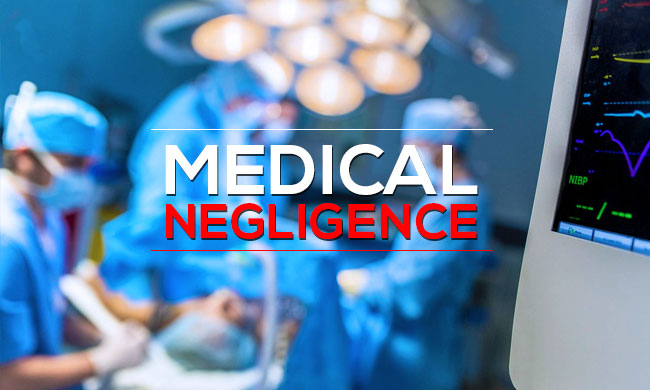Most patients never expect to face medical negligence in their lifetime. In the UK, everyone has the right to safe and effective treatment. Yet, sometimes, incidents occur. In these scenarios, it is essential to quickly recognise the signs of possible negligence and seek assistance. Time is often of the essence, and the impact of medical negligence can be severe.
Faced with a crisis, it can be challenging to know your next steps. Here’s what to do if you suspect you’ve experienced medical negligence.
Recognising Signs of Medical Negligence
If something feels unsettling, it’s important to trust your instincts. The definition of medical negligence is simple: it’s when a professional fails to uphold their duty of care. Whether by accident or omission, the most important thing to establish is the relationship between negligence and impact — eg, the effect this incident has on you. For those who have suffered an injury, deterioration, or worsened prognosis, it may be grounds for medical negligence claims.
It can be challenging to identify negligence, as it takes many forms in the healthcare industry. These are a few examples to consider:
- Delayed treatment
- Misdiagnosis
- Surgical errors
- Incorrect medication
In many instances, a provider may directly inform you that an error or complication has occurred. The NHS enforces these disclosures as part of its commitment towards transparency.
Making a Complaint and Seeking Answers
If something is unclear, immediately ask the provider to clarify — if possible, in writing. For instance, requesting a note on your files that a particular professional has refused treatment or further testing. Oftentimes, this is enough of a prompt to act as a preventative measure.
If things have progressed, though, it’s time to make a formal complaint. The is easily accessed online, with additional guidance on contacting regulatory bodies if needed. Again, this step can act as an effective intervention without necessitating court action.
Gathering Evidence and Documenting Your Experience
Medical records are essential. When facing a medical negligence case, it’s essential to gather evidence and document your experience. Keeping a diary of events and symptoms will help maintain that timeline, while requesting medical records provides proof. Should you seek legal action, this will be worth its weight in gold.
Getting Legal Advice and Understanding the Claims Process
The NHS provides advice for claimants. However, it is wise to seek legal advice before instigating the complaints process. Treading carefully — and professionally — can protect your future case. Seeking specialist guidance shapes how you approach those initial steps, and should things escalate, it assists with the claims process.
If you suspect medical negligence, it’s important to act quickly. Spot the signs, seek medical advice, gather evidence, and contact a specialist law firm for further assistance.
Read more : zoeperry









